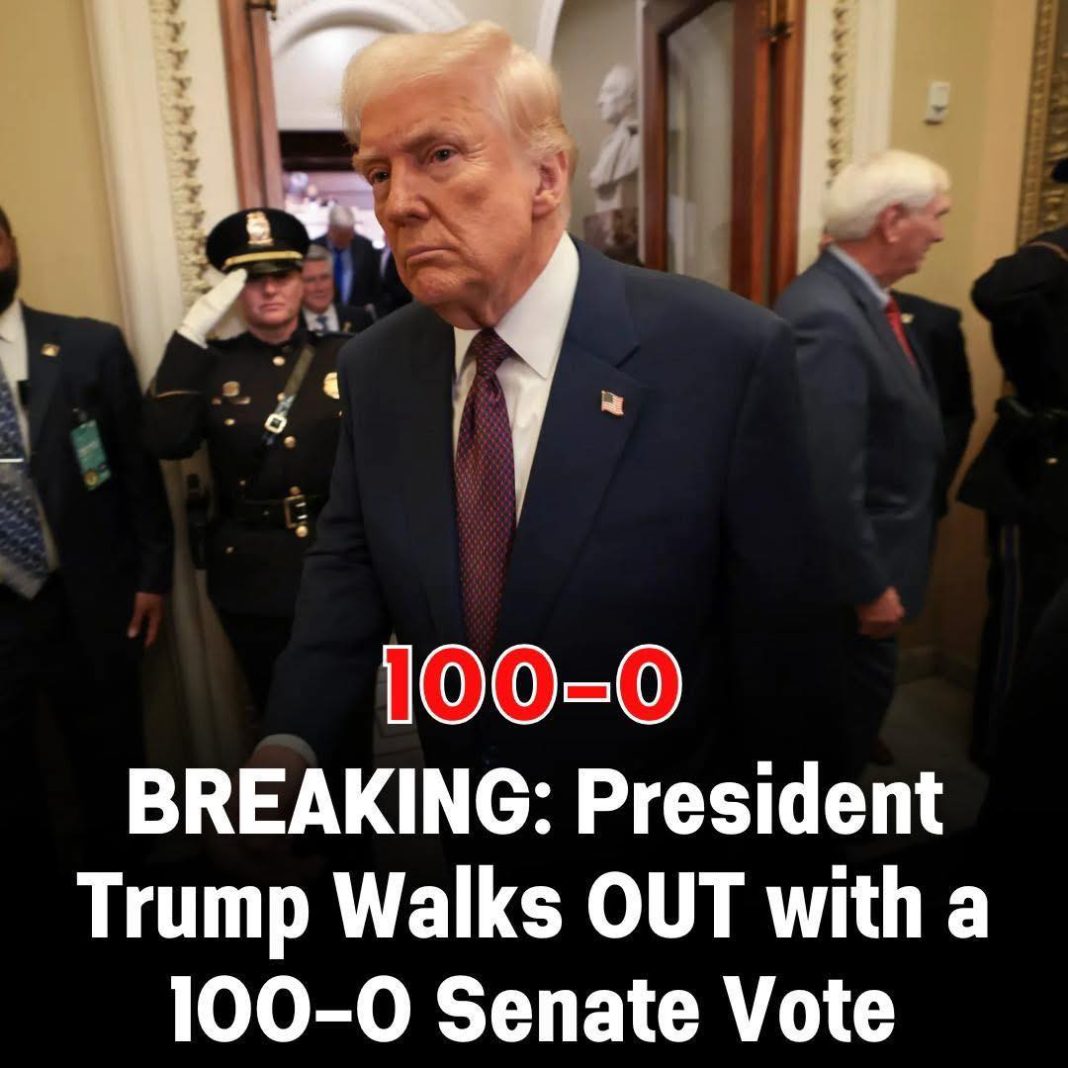The One Big Beautiful Bill Act: A New Era for American Workers
On July 4, 2025, a significant shift in taxation policy occurred when President Donald Trump signed the One Big Beautiful Bill Act (OBBB) into law. This landmark legislation represents a monumental step toward providing lasting financial relief to millions of American workers, particularly those within the service industry. The act ensures that tax reductions, originally set to expire in 2025, will now remain in effect permanently, fundamentally altering the tax landscape for a vast portion of the workforce.
Permanent Tax Reductions and New Benefits
The One Big Beautiful Bill Act not only secures existing tax reductions but also introduces new benefits that are expected to significantly enhance the financial well-being of American workers. Among these benefits are tax-free overtime pay and an additional deduction tailored for seniors, providing critical financial support to individuals who often find themselves struggling to make ends meet. Workers in the hospitality and service sectors, who frequently work long hours, will particularly benefit from these modifications. For instance, restaurant servers and hotel staff can now take home more of their earnings without the fear of excessive tax burdens diminishing their income.
According to projections from the Congressional Budget Office, this measure could raise federal deficits by approximately $3.4 trillion over the next decade. This substantial financial commitment highlights the government’s recognition of the need for such reforms. Critics, however, argue that while these changes provide immediate relief, they may have long-term consequences, such as underfunding essential public services that many Americans rely on. Balancing immediate fiscal benefits with the government’s responsibility to maintain public infrastructure and services is a challenge that lawmakers will need to navigate carefully.

The Perspectives of Key Legislators
Senator Ted Cruz of Texas, one of the bill’s primary sponsors alongside Senator Jacky Rosen of Nevada, articulated the intentions behind this landmark legislation. He remarked, “This is about fairness. These workers are putting in long hours and living paycheck to paycheck. They deserve to keep more of what they earn.” His emphasis underscores the pressing need for equitable treatment of workers in industries where tips form a significant portion of their earnings. Senator Rosen echoed this sentiment, pointing out that service workers in tourism-centric states like Nevada constitute the “backbone of the economy.” Both senators advocate for this bill not only to provide these crucial workers with the respect and support they deserve but also to stimulate overall economic growth by increasing the disposable income of millions.
Tip Income and the No Tax on Tips Act
One of the notable proposals associated with the OBBB is the No Tax on Tips Act, which seeks to amend the federal tax code to exempt tip income from federal income taxes. Currently, tipped workers are mandated to report their tips as part of their taxable income, and employers are obligated to withhold taxes from these earnings. Should this bill be enacted, tips will still need to be reported, but they will not be subject to federal taxation. This change is significant as it allows workers to retain more of their income, effectively enhancing their overall take-home pay. For example, a waiter earning $30,000 annually in wages and an additional $15,000 in tips would previously be taxed on the entire $45,000. Under the new proposal, while the waiter must still declare the full earnings, they would no longer face federal taxes on the $15,000 from tips, ultimately allowing them to take home a larger portion of their hard-earned income. The potential impact of this reform could alter the financial landscape for millions in service roles, providing them with more economic stability.
Exclusions and Limitations
However, it is essential to note that the No Tax on Tips Act does have its limitations. For instance, the proposed tax exemption applies only to tip income and does not extend to wages or employer-paid bonuses. Additionally, automatic service fees, such as the mandatory 20% tips required for large parties, are excluded from this exemption. Furthermore, the bill does not benefit those working in Specified Service Trades or Businesses (SSTBs), which encompasses professions like law and finance where skill and expertise are the primary assets. Critics argue that this exclusion could unfairly target certain professions while leaving others behind, potentially creating a divide among workers in different sectors.

Support and Criticism
Proponents of the OBBB argue that the bill will significantly ease the burdens placed on small businesses while simultaneously increasing workers’ take-home pay. The intent is to provide targeted relief to those in the service industry, a sector that has been historically underappreciated and overburdened. Advocates believe that these changes will stimulate economic growth and improve the financial stability of countless American families. However, critics caution that the long-term implications of such massive tax cuts could exacerbate federal deficits and potentially hinder future government spending on essential services like education and healthcare. Moreover, there is concern about how the bill might alter employer behavior. Some fear that businesses may react by cutting back on employee hours or reducing other benefits to compensate for the loss of tax revenue. This raises questions about whether the bill truly achieves its goal of improving worker welfare or if it inadvertently creates new challenges for employees.
The Broader Impact on American Economy
As the implications of the One Big Beautiful Bill Act unfold, the impact on the American economy, particularly in the service sector, remains to be fully seen. Supporters contend that by allowing workers to retain more of their income, consumer spending will increase, driving economic growth. Higher disposable income could lead to increased spending in local businesses, potentially revitalizing communities that have suffered economic downturns. On the other hand, opponents warn that the substantial increase in federal deficits could lead to higher taxes or reduced public services in the future, complicating the financial landscape for everyone. In a climate where economic growth often comes with increased inequality, the OBBB underscores the delicate balance policymakers must strike. The ongoing debate surrounding this legislation reflects the complexities of modern economic challenges, including the need for sustainable growth while ensuring that workers are adequately compensated for their labor.
Conclusion
The signing of the One Big Beautiful Bill Act marks a pivotal moment in the ongoing discourse about taxation, workers’ rights, and economic equity in the United States. As this legislation rolls out and its provisions take effect, it will be crucial to monitor its effects on both workers and businesses alike. The balance between ensuring fair compensation for service industry workers and maintaining a sustainable economic framework will be an ongoing challenge for lawmakers in the years to come. Regardless of the criticisms, the act represents a significant attempt to address long-standing issues faced by many American workers, and its success or failure will have lasting implications for the future of the nation’s workforce.

















